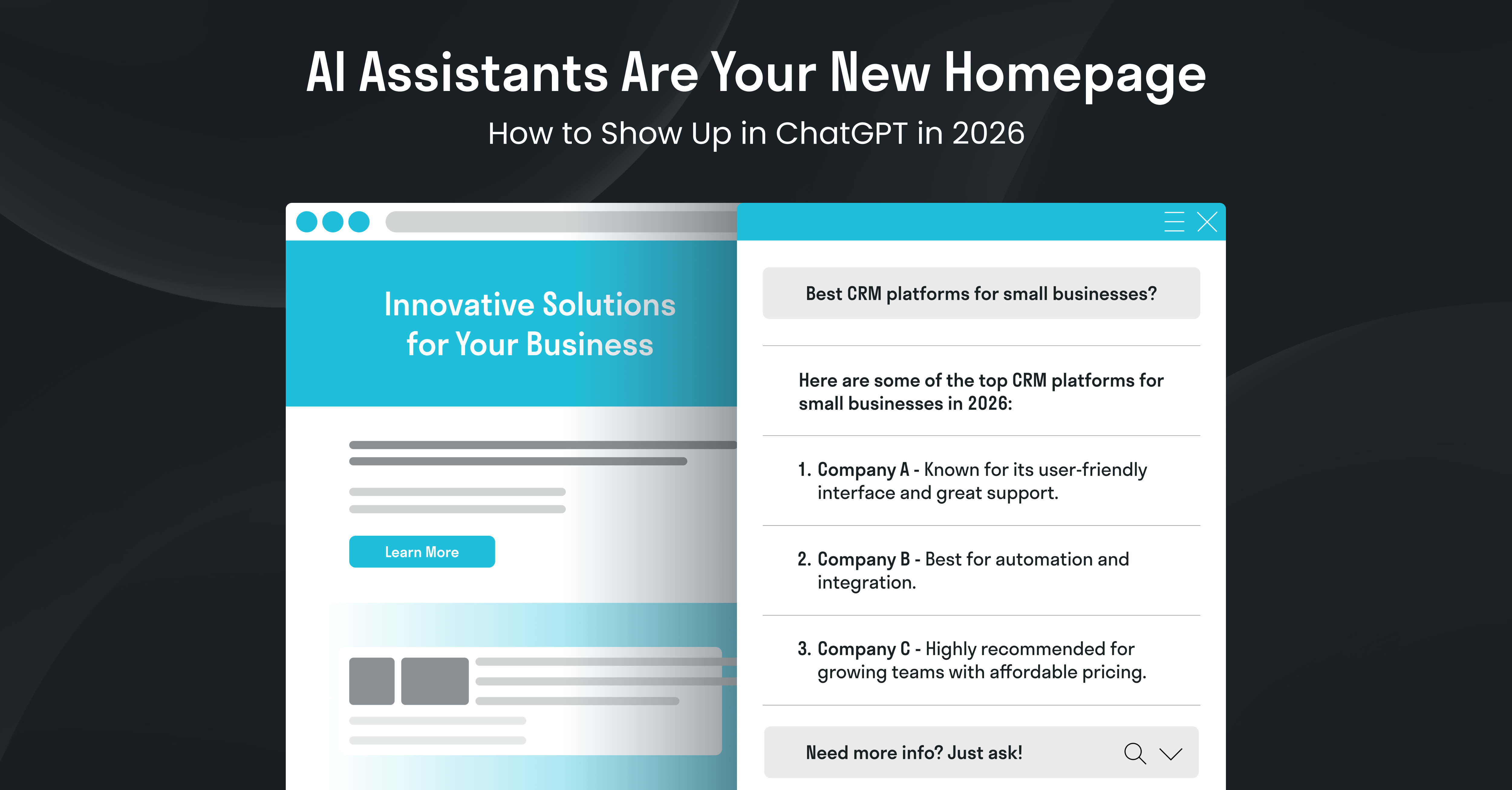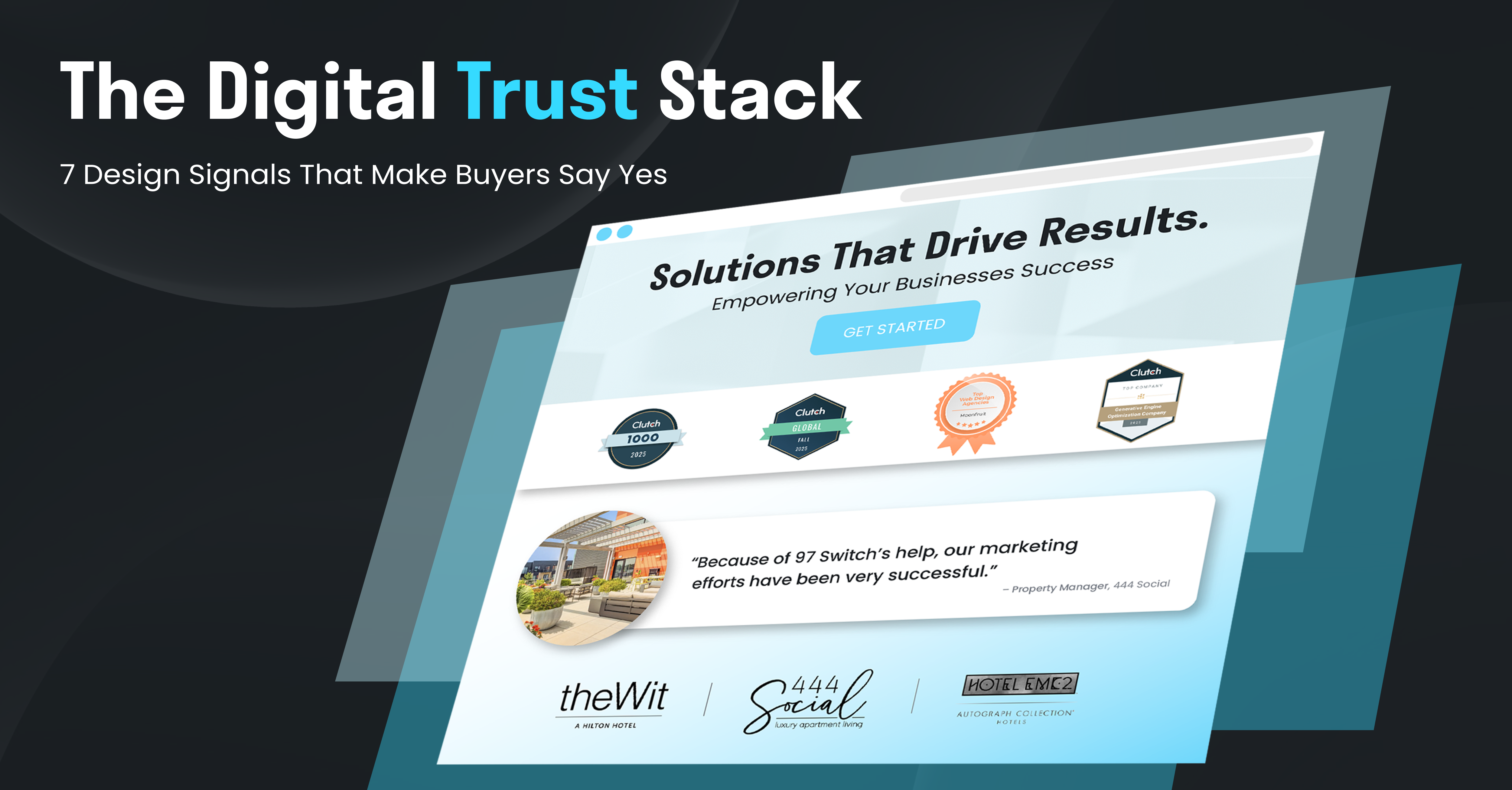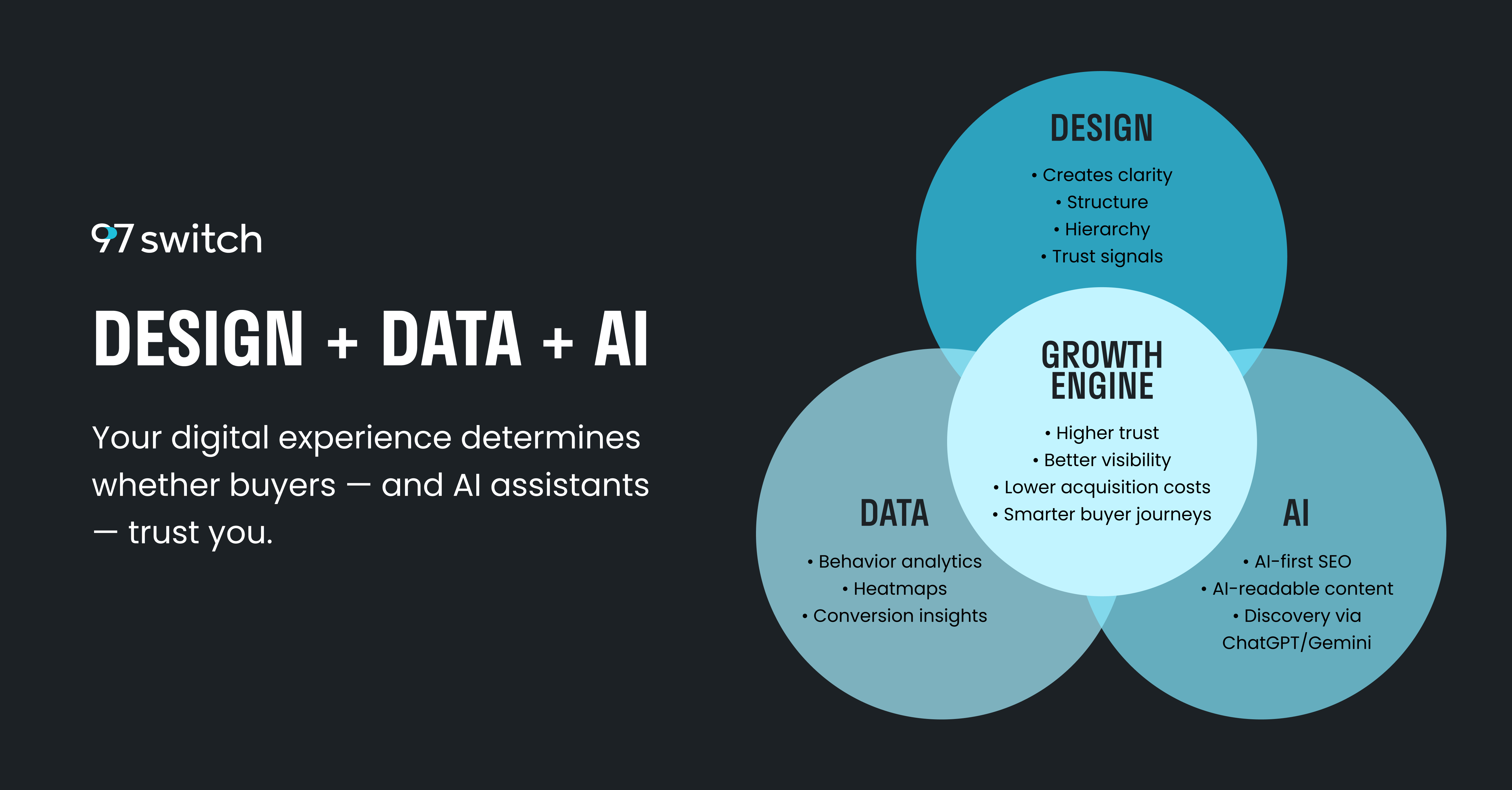Much like humans, interacting with brands is an emotional experience. One genuine moment of connection has the potential to earn you the loyalty and support of a lifelong customer. However, just like the way you dress, there is more to your company than first meets the eye. Having a strong sense of identity can be the real selling point, and will allow you to build loyal friends and customers. In order to help you form a meaningful and enduring relationship with your audience, there are 3 key questions that you should ask yourself when creating a brand identity.
What forms your core?

Before you can visualize what your branding should look like, you need to make sure that you are clear on what your brand is. Ask yourself what exactly your business does. Try to word it using a short, simple, objective description. The next step in creating your brand core is telling the story behind it. Start with your beginning and founding, your current actions, and the future you’re working towards.
To create your story, start by outlining your founding history and why you started your company. What was the driving force for the idea? What was your why? Next, nail down your mission and values. How do you work towards that goal every day and why do your clients need you now? What behaviors are most important to you in your businesses everyday interactions? Lastly, clarify your vision. What are your goals and where do you see the company going and growing in the next 5, 10, 20, or 30 years?
Actually taking the time to write this down will help you organize and orient yourself so that later you will be able to take this information and use it to convey the story to your audience.
What value do you give to the world?

The whole point of creating a brand identity is to embody the experience you create for people. Part of this is understanding what makes you different from other companies in your industry, and why they should choose you over anyone else. Why are your goods or services meaningful and relevant to people? Why does this matter?
The first step is understanding who might be the perfect person to speak to your audience. Finding an example of a character, celebrity, or other physical embodiment that is closest to your brand is a great way to start. Why is this object or person similar to your company? What feelings, ideas, or thoughts do they evoke?
Next, you should describe the demographic of your target audience. Creating a persona with a name and detailing out the specifics of their life can help you envision your audience as real people. Consider the problems they are facing, their lifestyle, viewpoints, and other values they might hold. How can you turn a negative experience into a positive one?
Then, consider your competition. Who are they, and how do you fit into the landscape of the industry? What makes you different from them and therefore a better fit for the persona that you’ve laid out?
This exercise can help you realize how your audience will see your company when it’s side by side with your competition and will help you realize where your strengths and opportunities lie. It can also help you realize if everyone in your industry is doing the same thing, and why that might be a good idea to follow or if you should break the mold and stand out.
What’s your brand’s personality?

Finally, you need to consider your brand a living entity. As you’ve gotten to know your brand throughout these exercises, how would you describe it? What traits do you associate with your brand? Ask yourself if it’s more serious, or more fun and playful. Realistic or idealistic. Corporate or friendly. The list goes on and on. It may be helpful to look up a list of personality traits and see which ones match up with your brand.
Remember that personalities in people and businesses can fall on a spectrum, and you don’t have to be completely funny and never serious. Rating your company, on a scale of 1-10, how exactly you want your business personality to match up with each of your selected traits can be helpful.
Now that you have clear descriptions of your personality, certain images may pop into your head. Write them down, from logo ideas to typography. Any idea could be the starting point for a great brand identity that will stand the test of time.
Be yourself

Excavating a brand identity is one of the most important elements to establishing a strong base for selling your product or service. Your audience will respond when you are genuine with them about who you are and what you can do for them. Connection is at the heart of any good company, and the first step is catching your audience's eye, and then showing them that you are a good match. Once you have a strong brand identity established, you'll be able to create a logo, website, custom branded merchandise, and other assets that will help your audience recognize you in a crowd.
Our team at 97 Switch are experts in helping you establish a strong brand identity. If you’re looking for help defining your brand or communicating it through logos and other visual elements, contact us here and let’s chat about it!






